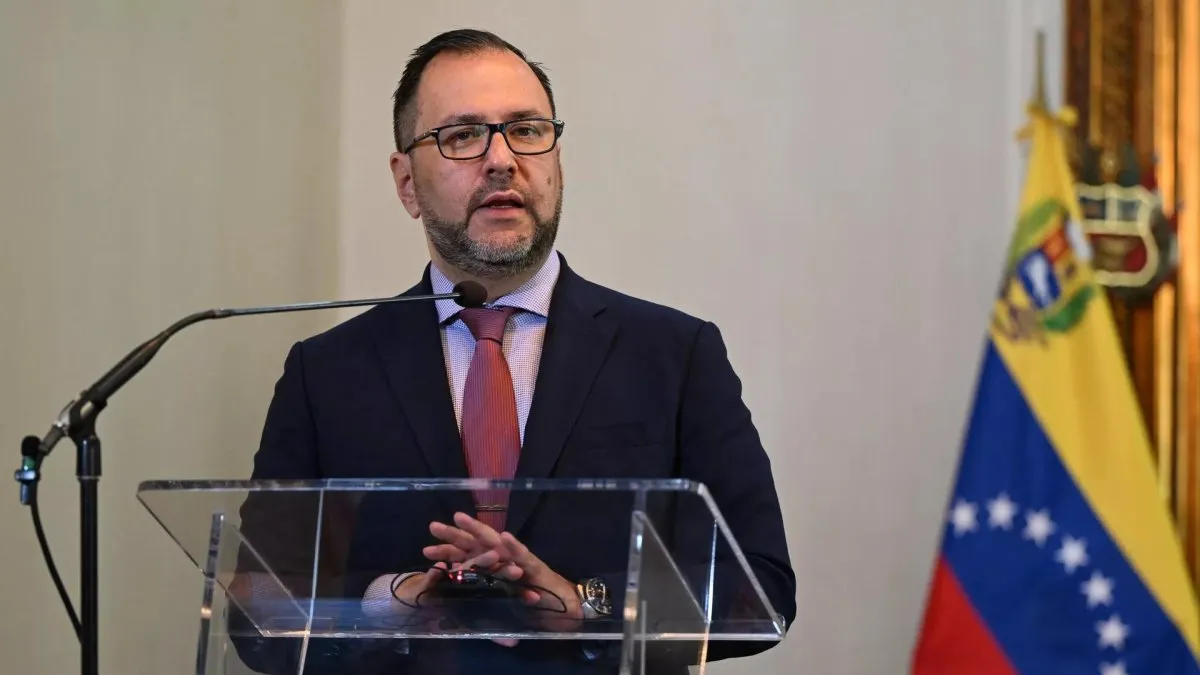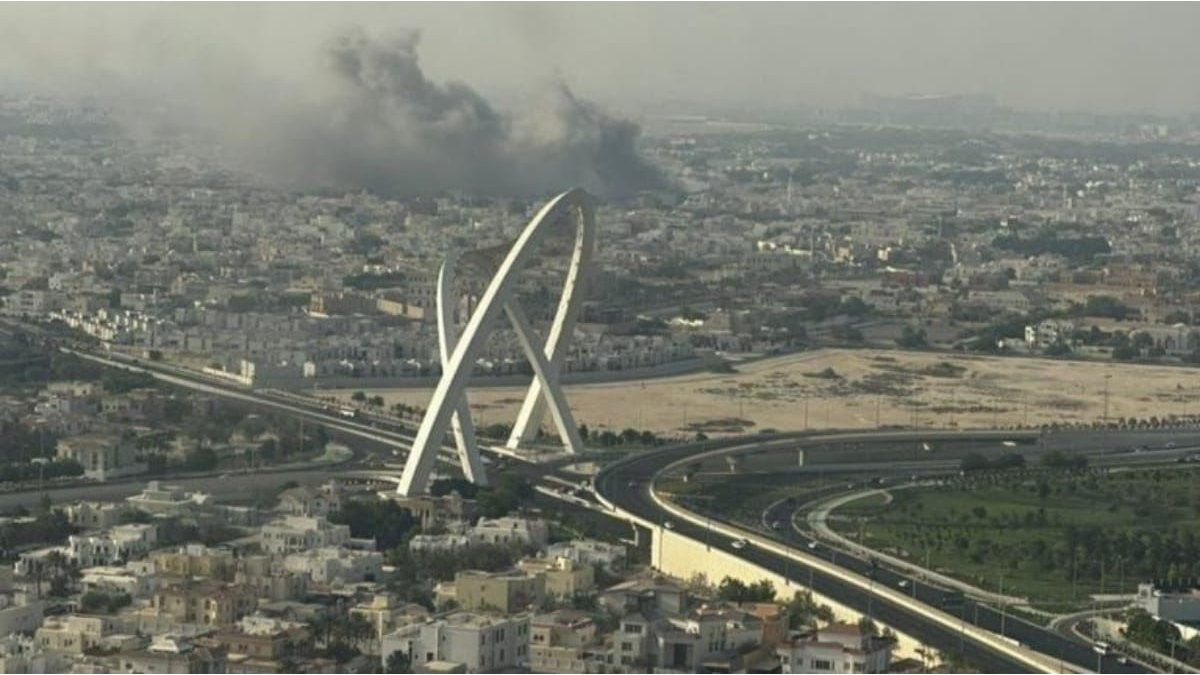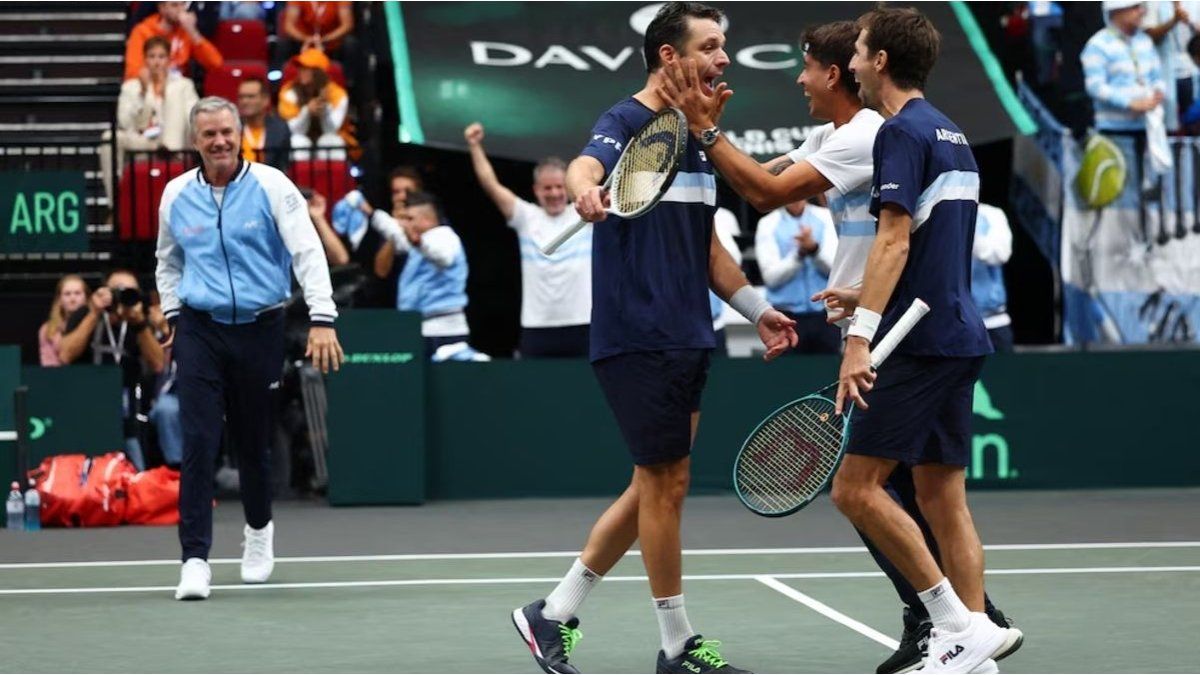After the destruction of the Baltic Sea pipelines, security experts are looking for ways to provide better protection. The possibilities are not exhausted. The head of the German Navy is pushing for further steps.
The inspector of the German Navy, Jan Christian Kaack, believes further steps are necessary to protect important maritime infrastructure against attacks or acts of sabotage. At the same time, he advocates that cooperation between the authorities in such crisis situations or in the event of tension be regulated more precisely. “We should now determine who has to do what and in which case. We need to know today what authorities do with their vehicles such as buoy layers, customs, the federal police, fisheries protection when there is a bang. We won’t be counting cod.” said the vice admiral of the German Press Agency in Berlin.
Meanwhile, Germany has indicated to NATO the ability to command naval forces in a regional maritime headquarters for the Baltic Sea. A letter from Inspector General Carsten Breuer has been in the hands of NATO’s deputy supreme commander for Europe for a few days. The staff designated for this purpose will also lead the “Northern Coasts” naval maneuver, which begins next week. More than 3,000 soldiers from 14 countries are taking part, including those from the Baltic Sea as well as Italy, France, Canada and the USA.
Presence strengthened
Following the Russian attack on Ukraine, the alliance has increased its presence on its eastern flank and in the Baltics. Russia is one of the Baltic Sea neighbors via the Kaliningrad enclave. This is a supply route for all residents. Energy and telecommunications lines also run under water there.
The inspector explained that the Russian naval forces are “on par with NATO” in terms of capabilities. He refers to new buildings and hypersonic weapons. “The Russian Navy will emerge from this war stronger in concert with the branches of the armed forces, also due to the nuclear component.” We always look for possible incoming missiles from the East, but one of the main Russian plans is “to break through into the Atlantic with nuclear submarines and come from behind, either to America or to Europe.”
Russia has made significant progress in underwater communications, navigation and effectiveness. An opponent now has the opportunity to evade the electromagnetic spectrum on the surface. “That means he could navigate with both surface units and underwater units just based on bottom relief. And that’s difficult to elucidate.” Unmanned or manned systems could be moved unnoticed.
After the explosions on the Nord Stream 1 and 2 Baltic Sea pipelines in September 2022, governments and militaries want to strengthen the protection of critical infrastructure – including long-distance lines for energy and data, but also sea ports and canals. It is still unclear who is behind the destruction of the pipelines.
Norway had noticed unknown drones
“On September 26th I received a call from my Swedish colleague pointing out that Nord Stream 1 and 2 were virtually destroyed and asking me to prepare to see whether we could provide support,” said Kaack. The Navy had a research ship and a mine hunter with mine divers and drones ready. “We then went downstairs again with the Americans, at their request, for a forensic examination and were able to notice things of our own,” said the vice admiral.
A few weeks later, the Navy had another mission because Norway had noticed unknown drones. Germany sent a special aircraft – a so-called maritime reconnaissance aircraft – and several ships. And during an inspection on the important Europipe 1 natural gas pipeline from Norway through the North Sea to Germany, the operator also found an object that could have held 500 kilos of TNT. However, mine divers discovered that it was industrial scrap.
Kaack believes that increased efforts to obtain a comprehensive picture of the situation are necessary. Artificial intelligence must be used to search for anomalies and abnormalities in shipping traffic. An example: Last year, a Russian research vessel, which also has a small submarine on board, needed 219 days instead of the usual 4 days to travel from the Danish port city of Skagen to Saint Petersburg. “The ship was in areas that shouldn’t make any of us happy,” said the inspector.
Share insights better
Kaack – but also others – see the way forward in the military, authorities, research institutes and industry sharing their findings better. The Navy has its own sensors in the water, submarines and sonar buoys and naval aircraft. He speaks of “super cooperation with the Federal Maritime Police,” which now has liaison officers in the maritime operations center. “And we also agree on how this should actually work. As in other civilized countries, for example Norway. Representatives of the various maritime associations, business and pipeline operators have representatives in the Navy’s operations center.”
Common situation report as the goal
Even if the Navy will not pass on secret data to the civilian sector, there must be a common situation picture. “I think that, due to the peculiarities of federalism, the Maritime Security Center in Cuxhaven will collect open data from industry and institutes. We will have access to it, throw our data into it and use it in the analysis,” says he. “It’s not ‘my little mold, your little mold,’ but ultimately it’s about protecting Germany and its people.”
Deterrence can also be achieved if acts can be attributed. “If the opponent knows that we know that he is acting there, it is less likely that he will do something. If he does something, then the question is who can have an effect. And that is just us. So for me that is it a bycatch of national and alliance defense. If something goes wrong, I have to do it anyway.” How to proceed against attackers – Kaack speaks of the “approach of forces with effective means” – is still a “very special question that has to be addressed.” And in his opinion it has not been answered.
In July, Defense Minister Boris Pistorius (SPD) called for more clarity during a visit to the Bundeswehr’s cyber force. “What we can’t do with is not knowing what we’re allowed to do when we have to do it,” he said.
Source: Stern
I have been working in the news industry for over 6 years, first as a reporter and now as an editor. I have covered politics extensively, and my work has appeared in major newspapers and online news outlets around the world. In addition to my writing, I also contribute regularly to 24 Hours World.




